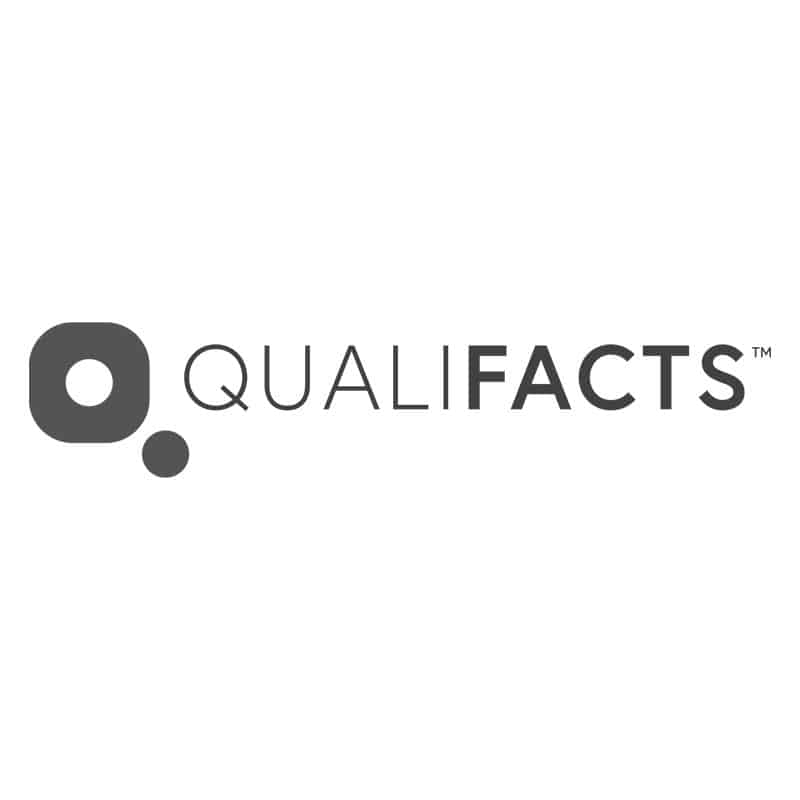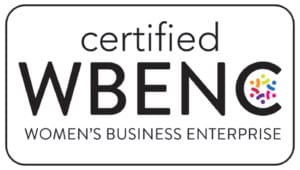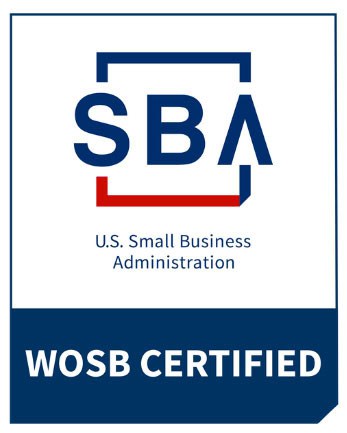Thank you all for being here. I’m really honored and excited to be with you. For those of you I haven’t met yet, my name is Joyce Marter, and I’m a licensed clinical professional counselor. As a psychotherapist, I’ve noticed something interesting. Regardless of whether people came to me for depression, anxiety, relationship issues, or addiction, they started making more money as we worked together. I thought, “Why is this happening across the board?” My clients were getting raises, promotions, starting new businesses, and thriving financially. I realized that our self-worth directly affects our net worth.
I’m currently writing a book called Mental Wealth. I believe that true prosperity comes when we have positive mental health, good self-esteem, love and support in our lives, connected relationships, and financial wellness. Some might wonder, “Is this selfish, greedy, or narcissistic?” I see some heads shaking no. And you’re right—it’s not. Sometimes, people think money is bad, but I believe money can be incredibly empowering and life-changing. It depends on how you acquire it and what you do with it that makes it either good or bad.
The lotus flower is a symbol of spiritual enlightenment, and to me, it represents living a life connected with your divine self, your soul, and the unique gifts you have to offer the world. When you align with that and care for yourself, you can achieve abundance. Abundance can be money, but it can also be love, friendship, and support. There are so many gifts in the world available to you, and often, we set our own ceilings.
When I started my private practice, I met with my friend Steve, who was also starting his practice. He asked me, “Joyce, how much money do you want to make?” I said, “It would be amazing if I could make $60,000 a year.” He frowned and said, “$60,000? I want to make over $100,000.” I asked him if he thought that was possible, and he said, “Absolutely.” That year, I made $60,000, and Steve made over $100,000. I thought, “Am I setting my own ceilings with self-limiting beliefs?” The answer was yes.
So, I expanded my thinking. I began working on my relationship with money, and I decided that I was worth having financial success. At that time, I had significant debt from my business and no cash flow. I declared to the universe that I wanted $2 million and believed I deserved it. When I spoke to my CPA about valuing my business, I thought I might need to file for bankruptcy. Instead, he told me, “Joyce, your business is worth $2 million.” That exact amount! Now, maybe that’s a coincidence, but part of me thinks it’s pretty amazing that once I believed I was worth it, that’s when I discovered the true value of my business.
There’s a saying: “We are all beggars sitting on a golden bench.” Not everyone has a business suddenly worth more than they imagined, but we all have talents, resources, and opportunities that can bring us prosperity if we shift our thinking to know that we are deserving. The power of intention and self-fulfilling prophecy is real. My best friend calls me a “psychotic optimist” because I try to look at the positive in every situation. This mindset is common in entrepreneurs, who tend to have irrational positivity about how things will work out despite the roadblocks.
What we think, we become. If you repeatedly tell yourself, “I’m broke,” you are reinforcing that reality. Instead, you need to shift the messages you tell yourself. We all do this, and we need to open ourselves to a greater life.
Sometimes, we think people who have money are narcissistic, materialistic, or arrogant. But these are often false or negative beliefs about money. Yes, some people earn money in ways that aren’t ideal, but I believe that when you align with your higher self and your gifts, you can welcome prosperity without ego. We all have egos, but detaching from them and connecting with the deeper part of ourselves is crucial.
My therapist once asked me, “Joyce, what does money mean to you?” When I was stressed about money, I told her, “When I think of money, I think of stress.” She replied, “Well, no wonder you make it go away! Can you change that?” I wanted to believe that money is a resource available to me and that I deserve it. Once I started working on that, my life began to change.
I remember my first out-of-state speaking engagement, and I didn’t know what to charge. I was aware that I sometimes undervalue myself, so I called my friend Ross, who frequently gives talks, and asked him what he charges for out-of-state gigs. He told me an amount higher than I was comfortable with, but I quoted that fee to the client. They immediately agreed to pay it. I called Ross back and said, “I can’t believe I’m getting paid this much for a 45-minute keynote!” He laughed and said, “Forty-five minutes? I gave you my full-day rate!”
Self-sabotage is something we need to be mindful of. We all unconsciously recreate what’s familiar until we choose something better. We need to be aware of how we might be hurting ourselves—whether it’s compulsive spending or shopping beyond our means to soothe ourselves. This creates stress and prevents financial progress. We need to find a healthy flow where money comes in, goes out in balance, and we save so that we have resources for stability and security.
Sometimes, people blame their family, their industry, or external factors for their financial situation. But when you take responsibility, it can be empowering. You can create the life you want. If you’re in a job, think about how you can ask for more. Maybe you can’t get a raise, but you can ask for a schedule that offers more work-life balance or flexibility to pursue other interests.
Our jobs are meant to support us, and sometimes, we need to assess how we feel about them. Thank you very much!




































